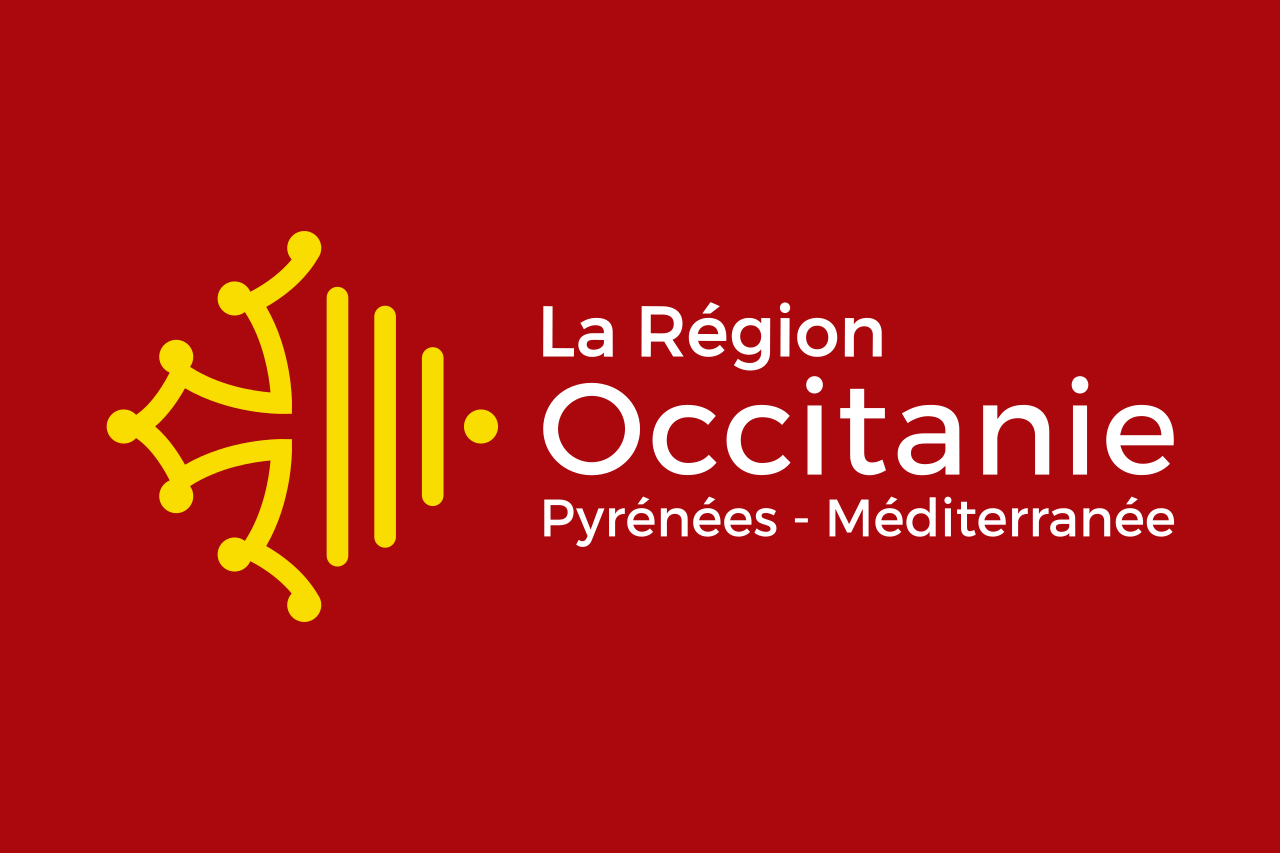

图卢兹(法语:Toulouse)位于法国西南部加龙河畔,大致处于大西洋和地中海之间的中点,为上加龙省、欧西坦尼亚大区首府,距巴黎590公里(366英里)。截至2013年1月1日,图卢兹大市拥有1,291,517居民,是法国第四大城市,仅次于巴黎(1210万),里昂 (210万),和马赛(170万)。[4]
图卢兹是欧洲航天产业的基地,空中客车、伽利略定位系统、SPOT卫星的总部,法国国家太空研究中心的图卢兹航天中心(CST),欧洲最大的航天中心都位于这里[5]。欧洲最大卫星制造商泰雷兹阿莱尼亚宇航公司,和EADS公司的子公司EADS Astrium Satellites也是图卢兹的重要存在。著名的图卢兹大学创办于1229年,是欧洲最古老的大学之一,有超过97,000的学生,与里尔并列法国第三大大学校园,仅次于巴黎大学和里昂大学。[6]
图卢兹是前朗格多克省的首府(省级区划在法国大革命期间被取消)。现在它是南-比利牛斯大区的首府,该区是法国本土最大的地区。它也是上加龙二级行政区的首府。
トゥールーズ(トゥルーズ、Toulouse 発音例, オック語:Tolosa 発音: [tuˈluzɔ])は、フランスの南西部に位置するコミューンで、オクシタニー地域圏の首府、オート=ガロンヌ県の県庁所在地である。
Toulouse ([tuluːz] okzitanisch Tolosa [tuˈluzɔ]; deutsch veraltet: Tholosen) ist eine Stadt in Südfrankreich am Fluss Garonne.
In der Kernstadt lebten (Stand: 1. Januar 2015) 471.941 Einwohner, im Ballungsgebiet 920.402 Einwohner und in der gesamten Metropolregion 1.291.517 Einwohner – damit ist Toulouse die viertgrößte Stadt Frankreichs.
Toulouse ist die Hauptstadt der Verwaltungsregion Okzitanien sowie Verwaltungssitz des Départements Haute-Garonne. Bis zur Französischen Revolution war die Stadt offizielle Hauptstadt der Provinz Languedoc. Im Mittelalter war sie Hauptstadt der Region Okzitanien.
Toulouse (/tuːˈluːz/;[4] French: [tuluz] (![]() listen); Occitan: Tolosa [tuˈluzɔ], Latin: Tolosa) is the capital of the French department of Haute-Garonne and of the region of Occitanie. The city is on the banks of the River Garonne, 150 kilometres (93 miles) from the Mediterranean Sea, 230 km (143 mi) from the Atlantic Ocean and 680 km (420 mi) from Paris. It is the fourth-largest city in France, with 466,297 inhabitants as of January 2014. In France, Toulouse is called the "Pink City" (La Ville Rose).
listen); Occitan: Tolosa [tuˈluzɔ], Latin: Tolosa) is the capital of the French department of Haute-Garonne and of the region of Occitanie. The city is on the banks of the River Garonne, 150 kilometres (93 miles) from the Mediterranean Sea, 230 km (143 mi) from the Atlantic Ocean and 680 km (420 mi) from Paris. It is the fourth-largest city in France, with 466,297 inhabitants as of January 2014. In France, Toulouse is called the "Pink City" (La Ville Rose).
The Toulouse Metro area, with 1,312,304 inhabitants as of 2014, is France's fourth-largest metropolitan area, after Paris, Lyon and Marseille, and ahead of Lille and Bordeaux.
Toulouse is the centre of the European aerospace industry, with the headquarters of Airbus (formerly EADS), the Galileo positioning system, the SPOT satellite system, ATR and the Aerospace Valley. It also hosts the European headquarters of Intel and CNES's Toulouse Space Centre (CST), the largest space centre in Europe.[5] Thales Alenia Space, ATR, SAFRAN, Liebherr-Aerospace and Astrium Satellites also have a significant presence in Toulouse.
The University of Toulouse is one of the oldest in Europe (founded in 1229) and, with more than 103,000 students, it is the fourth-largest university campus in France, after the universities of Paris, Lyon and Lille.[6]
The air route between Toulouse–Blagnac and Paris Orly is the busiest in Europe, transporting 2.4 million passengers in 2014.[7] According to the rankings of L'Express and Challenges, Toulouse is the most dynamic French city.[8][9][10]
The city was the capital of the Visigothic Kingdom in the 5th century and the capital of the province of Languedoc in the Late Middle Ages and early modern period (provinces were abolished during the French Revolution), making it the unofficial capital of the cultural region of Occitania (Southern France). It is now the capital of the Occitanie region, the second largest region in Metropolitan France.
A city with unique architecture made of pinkish terracotta bricks, which earned it the nickname la Ville Rose ("the Pink City"), Toulouse counts two UNESCO World Heritage Sites, the Canal du Midi (designated in 1996 and shared with other cities), and the Basilica of St. Sernin, the largest remaining Romanesque building in Europe,[11] designated in 1998 because of its significance to the Santiago de Compostela pilgrimage route.
Toulouse est une commune du Sud-Ouest de la France. Capitale pendant près de cent ans du royaume wisigoth1 et capitale historique du Languedoc2, elle est aujourd'hui le chef-lieu de la région Occitanie, du département de la Haute-Garonne, et est le siège de Toulouse Métropole3. Elle était également la préfecture de l'ancienne région Midi-Pyrénées jusqu'à sa disparition au 1er janvier 2016.
Avec 471 941 habitants au 1er janvier 20154, Toulouse est la quatrième commune la plus peuplée de France après Paris, Marseille et Lyon, ayant gagné 101 000 habitants au cours des 47 dernières années (1968-2015). Ses habitants sont appelés les Toulousains. L'aire urbaine de Toulouse regroupe 1 330 954 habitants en 20155, ce qui en fait aussi la quatrième du pays. Avec 948 433 habitants en 2015, l'agglomération est la cinquième, derrière celle de Lille et devant celles de Nice et de Bordeaux.
Ville à l'architecture caractéristique des cités du Midi de la France6,7, Toulouse est surnommée la « ville rose » en raison de la couleur du matériau de construction traditionnel local, la brique de terre cuite. Le développement de la culture de la violette de Toulouse au XIXe siècle en fait un emblème de la ville et lui vaut le surnom de « cité des violettes ». Elle est aussi, beaucoup plus rarement, surnommée la « cité Mondine » (la Ciutat Mondina en occitan), en référence à la dynastie des comtes de la ville, souvent nommés Raymond8.
Reliant Toulouse à Sète, le canal du Midi est inscrit au patrimoine mondial de l'Unesco depuis 1996. La basilique Saint-Sernin, plus grand édifice roman d'Europe, y est également inscrite depuis 1998 au titre des chemins de Saint-Jacques de Compostelle.
Toulouse est la capitale européenne de l'industrie aéronautique et spatiale avec les sites d'Airbus et de sa maison mère Airbus Group. Elle compte plus de 100 000 étudiants9 et selon L'Express il s'agissait de la ville la plus dynamique de France en 200910. Le magazine économique Challenges renouvelle ce titre en 201211 et 201512.
Le sport emblématique de Toulouse est le rugby à XV, son club du Stade toulousain détenant le plus riche palmarès sur le plan national comme sur le plan continental, avec 19 titres de champion de France et 4 titres de champion d'Europe.
Le cassoulet, la saucisse et la violette sont les spécialités emblématiques de la gastronomie toulousaine.
Tolosa (AFI: /toˈloza/[2]; in francese Toulouse, in occitano Tolosa) è una città della Francia, capoluogo della regione Occitania (dipartimento dell'Alta Garonna).
Attraversata dalla Garonna, è situata nella regione sudoccidentale del Paese, a circa 100 km di distanza dai Pirenei spagnoli e più o meno a metà strada tra l'Oceano Atlantico e il Mar Mediterraneo. Si tratta della quarta città più popolosa del Paese dopo Parigi, Marsiglia e Lione. Secondo il censimento del 2014, la città di Tolosa conta 466.297 abitanti (contro i 390.350 nel 1999), che arrivano a 1.312.304 (contro i 964.797 nel 1999) nella sua area metropolitana anche la quarta più popolosa del paese (INSEE). Il territorio comunale della città si estende su una superficie di 118,3 km².
Centro culturale dell'Occitania, ha ricevuto l'appellativo di Città Rosa per il colore dominante degli antichi edifici e possiede due siti iscritti al Patrimonio dell'umanità dell'UNESCO, la basilica romanica di Saint-Sernin (più grande edificio romanico d'Europa) e il Canal du Midi. I suoi abitanti si chiamano tolosani (Toulousains) e il simbolo che appare sulla bandiera della città è la croce occitana. Il motto della città è, in occitano, Per Tolosa totjorn mai (Per Tolosa, sempre di più).
Toulouse5 (pronunciado en francés ![]() [tuˈluz] (?·i); en occitano y tradicionalmente en español: Tolosa, y también nombrada como Ciutat Mondina, en occitano, en referencia a la dinastía de los Condes de la ciudad llamados Raymond en su mayoría6) es una ciudad del sur de Francia, capital del departamento del Alto Garona y de la región Occitania, así como la capital histórica de la provincia del Languedoc. Con 458 298 habs. en 2013 es la cuarta más poblada del país, por detrás de París, Marsella y Lyon.7
[tuˈluz] (?·i); en occitano y tradicionalmente en español: Tolosa, y también nombrada como Ciutat Mondina, en occitano, en referencia a la dinastía de los Condes de la ciudad llamados Raymond en su mayoría6) es una ciudad del sur de Francia, capital del departamento del Alto Garona y de la región Occitania, así como la capital histórica de la provincia del Languedoc. Con 458 298 habs. en 2013 es la cuarta más poblada del país, por detrás de París, Marsella y Lyon.7
Su área urbana, con 1 312304 habitantes,8 es también la cuarta mayor de Francia y la primera en crecimiento demográfico. Es atravesada por el río Garona (en francés: Garonne) y en su casco urbano (Port de l'Embouchure) se produce la confluencia de los canales de Midi, Brienne y lateral de la Garona. Está localizada al suroeste del país , entre el Mediterráneo (Gruissan) y el océano Atlántico (Capbreton), a 90 km de los Pirineos españoles.
Recibe el apodo de Ciudad Rosa por el color dominante en los edificios antiguos, hechos con ladrillos caravista. Su altitud promedio es de 141 metros, el relieve es poco accidentado.
Тулу́за (фр. Toulouse [tuˈluz] ![]() слушать, местн. [tuˈluzə]
слушать, местн. [tuˈluzə] ![]() слушать, окс. Tolosa [tuˈluzɔ], лат. Tolosa, кат. Tolosa de Llenguadoc) — город на юге Франции, столица региона Окситания и префектура (административный центр) департамента Верхняя Гаронна и округа Тулуза. Один из самых крупных культурных, научных и промышленных центров Франции; четвёртый по населению (466.297 человек, 2014) город после Парижа, Марселя и Лиона. Девиз — Per Tolosa totjorn mai с ок. — «Всего больше для Тулузы».
слушать, окс. Tolosa [tuˈluzɔ], лат. Tolosa, кат. Tolosa de Llenguadoc) — город на юге Франции, столица региона Окситания и префектура (административный центр) департамента Верхняя Гаронна и округа Тулуза. Один из самых крупных культурных, научных и промышленных центров Франции; четвёртый по населению (466.297 человек, 2014) город после Парижа, Марселя и Лиона. Девиз — Per Tolosa totjorn mai с ок. — «Всего больше для Тулузы».









 History
History
 Occitania
Occitania



